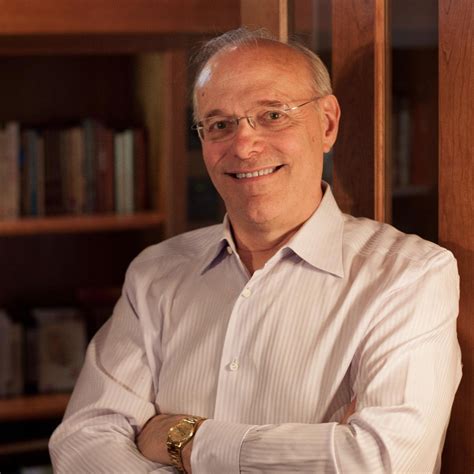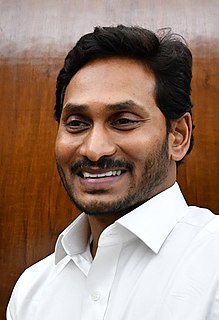A Quote by Gayle Tzemach Lemmon
A social entrepreneur finds market-based solutions for change. Because without a market-based solution, without a sustainable solution, you go nowhere.
Related Quotes
We need a new model of social protection. Let us accept that jobs are not the magic solution - and that in a globalised market, job guarantees are a false promise. Let us accept flexible labour, too. But in return, let us have a society in which everybody has a right to basic security and a more equal access to other insurance-based schemes.
The model I like to sort of simplify the notion of what goes on in a market for common stocks is the pari-mutuel system at the racetrack. If you stop to think about it, a pari-mutuel system is a market. Everybody goes there and bets and the odds change based on what's bet. That's what happens in the stock market.
We do not assert that the capitalist mode of economic calculation guarantees the absolutely best solution of the allocation of factors of production. Such absolutely perfect solutions of any problem are out of reach of mortal men. What the operation of a market not sabotaged by the interference of compulsion and coercion can bring about is merely the best solution accessible to the human mind under the given state of technological knowledge and the intellectual abilities of the age's shrewdest men.
Some people seem to believe that for each problem there is a solution readily available - a solution that can be promptly achieved by passing a law and voting some money. I think of this as the vending machine concept of social change. Put a coin in the machine and out comes a piece of candy. If there is a social problem, pass a law and out comes a solution.
The post-Second World War simple system of social democracy and organized labour has fragmented massively, but just because people aren't organized in workplace trade unions doesn't mean they aren't in associations with other people - work-based, place-based, culture-based, sport-based, faith-based - there's a bit of an old rainbow coalition argument.



































